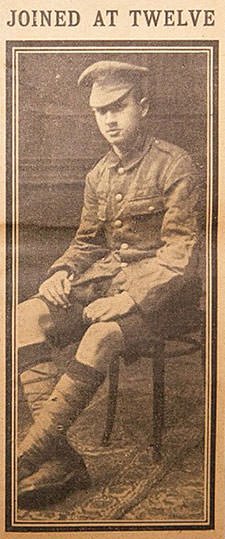
Omsk’s commotion this evening however wasn’t more would-be politicians but Cossack soldiers. Kolchak was held in high esteem by the Allies, and the British in particular, with British Military Attaché General Alfred Knox saying of Kolchak that he had “more grit, pluck and honest patriotism than any Russian in Siberia.” Instead, the Vice-Admiral had cast his lot with militarily inferior, but politically more diverse Directory. Kolchak had originally returned to Russia via Japan with the intention of traveling to the other side of the empire to join the former Tsarist officer-led Volunteer Army. The Directory even appeared on the verge of gaining international recognition as Vice-Admiral Alexander Kolchak, recently returned to Russia from various overseas diplomatic tours, had decided to join The Directory’s Council of Ministers as the Ministers of both War and the Navy. Uniting many Socialist Revolutionary members (SRs) who had held power in the original Soviets and the elected Constituent Assembly, along with former Tsarist officers, the Directory appeared as the potential precursor for a unified White Russian political movement. A key junction along the Trans-Siberian Railway and the meeting point between the railway’s northern and southern branches, Omsk had seen it’s fair amount of political activity for months as the Provisional All-Russian Government, informally known as The Directory, had established the city as it’s seat of governance. In the late hours of November 17th, 1918, the southern Siberian city of Omsk was suddenly abuzz with activity. Bergs Twenty-First Law Of Rhetorical Evolution.Berg’s Twentieth Law of Social Justice Warmongering.Berg’s Seventeenth Law of Media Prioritization.Berg’s Sixteenth Law of Cognitive Dissipation.Berg’s Fourteenth Law Of Media Behavior.Berg’s Twelfth Law Of Hyperbolic Political Empiricism.Berg’s Eleventh Law of Inverse Viability.Berg’s Seventh Law of Liberal Projection.
The most unknown fact about ww1 full#



 0 kommentar(er)
0 kommentar(er)
